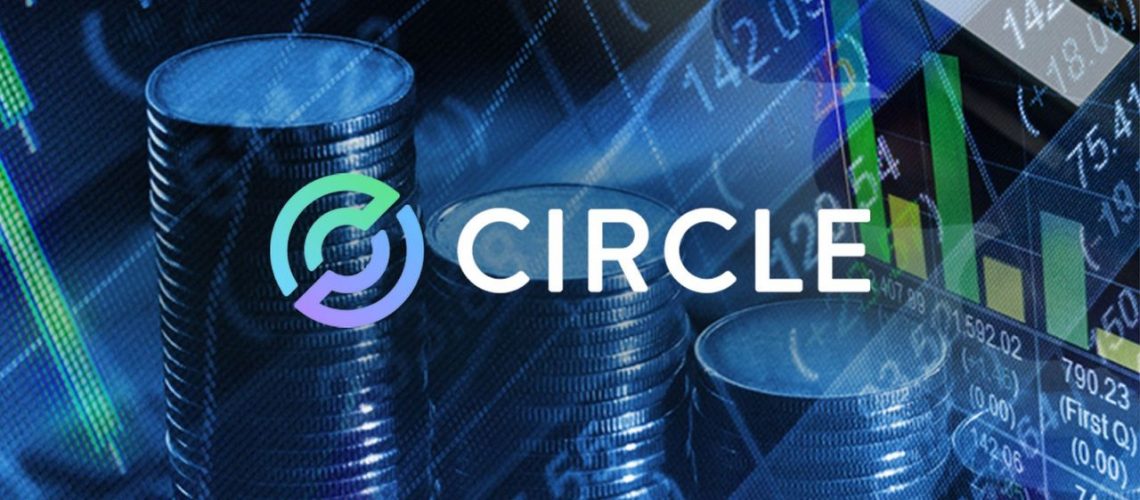Join Our Telegram channel to stay up to date on breaking news coverage
Circle, a stablecoin issuer, reportedly blew the whistle to the New York Department of Financial Services (NYDFS) regarding Binance’s stablecoin reserves. According to a Bloomberg report on February 13, last year, Circle informed the NYDFS of Binance’s mismanagement of reserves for its tokens. Circle notified the watchdog that Binance’s reserves were not enough to support its tokens, including Binance’s USD (BUSD), to back the total number of stablecoins it had issued.
A person familiar with the matter noted that Circle’s team unveiled these discrepancies via blockchain data. However, this warning came months prior to the NYDFS-ordering Paxos, a New York Based financial payment provider, to cease issuing and minting BUSD stablecoins. Additionally, the U.S. Securities Exchange and Commission (SEC) is reportedly planning to file a lawsuit against Paxos. This comes as the SEC is alleging that BUSD was an unregistered security.
Nonetheless, Paxos responded to SEC’s Wells Notice stipulating that BUSD is not a security under federal securities law. The platform said:
Paxos categorically disagrees with the SEC staff because BUSD is not a security under the federals securities law. Paxos has always prioritized the safety of its customers’ assets. BUSD issued by Paxos is always backed 1:1 with U.S. dollar-denominated reserves, fully segregated and held in bankruptcy remote accounts.
Paxos issued the following statement on February 13. Read the full statement here: https://t.co/jbfcBAiCgf pic.twitter.com/T7k80QtKyX
— Paxos (@Paxos) February 13, 2023
A Wells Notice is a formal notice that the SEC issues to inform the recipient that it plans to bring some enforcement actions against the company.
What pushed Circle to report BUSD reserves
However, Circle’s bold decision to report Binance BUSD reserves is significant because of its status as a direct competitor. As Binance facilitates the issuance of Binance BUSD, on the other hand, Circle issues the USD Coin (USDC) stablecoin. Notably, in September last year, the industry-wide rivalry between the two platforms led to Binance partially ending support for the USD stablecoin (USDC). Binance revealed that it would remove USDC among other top stablecoins on its platform. According to Binance, the move facilitated liquidity and capital efficiency for its customers.
Notably, Circle is regulated by the NYDFS alongside Paxos. Paxos has become the cause of concern recently as various regulators target it. Recently, Paxos was ordered by the NYDFS to cease minting new BUSD tokens. The firm revealed that it would also end its relationship with Binance for the branded BUSD stablecoin. Beginning February 21, Paxos would halt the issuance of new BUSD tokens in compliance with NYDFS orders.
However, the platform noted that all the existing BUSD tokens will be fully backed and redeemable until 2024. The users would be enabled to redeem their funds in U.S. dollars and convert their BUSD tokens to a Paxos-issued stablecoin, Pax Dollar (USDP). The firm further stated:
This action does not impact our capacity to continue serving new or existing customers, our continued dedication to grow our staff, or fund our business goals.
Binance’s reaction to NYDFS’s halt of Paxos issuance of BUSD
ChangPeng Zhao, the Binance CEO, has taken to his Twitter to make a few remarks concerning NYDFS ordering Paxos to halt the issuance of BUSD. The CEO noted that:
“Paxos will keep on to service the product and manage redemptions. Paxos also assured us that the funds are #SAFU. They are fully covered by reserves in their banks, with their reserves audited many times by various audit firms.”
Additionally, CZ stressed that BUSD is issued and redeemed by Paxos. As a result, BUSD market cap will only decrease over time, he added.
CZ also reiterated that he does not believe BUSD should be subject to security laws as per what is articulated to be the Howey Test measure. As per the U.S. Supreme Court, an item can be categorized as a security if it meets the following four standards:
- An investment of money
- In a common enterprise
- With the expectation of profit
- To be derived from the efforts of others
The Binance CEO further noted:
IF BUSD is ruled as a security by the courts, it will profoundly impact how the crypto industry will develop (or not develop) in the jurisdictions it is ruled as such.
6/ "IF" BUSD is ruled as a security by the courts, it will have profound impacts on how the crypto industry will develop (or not develop) in the jurisdictions where it is ruled as such.
— CZ 🔶 BNB (@cz_binance) February 13, 2023
However, the crypto regulatory action was the latest affecting crypto platforms in the United States. This comes after the SEC agreed with the Kraken company to stop offering its staking services to its U.S. customers. The SEC alleged that it had charged Kraken with failing to register its crypto asset staking as a service program. However, Kraken asserted in its blog post that it would continue to offer staking services for its non-U.S. users via a separate subsidiary.
More New:
- US SEC allegedly notified Paxos of an upcoming lawsuit tied to Binance USD (BUSD)
- Paxos To Suspend BUSD Minting And Sever Ties With Binance USD
- Kraken And Coinbase Bosses Square Off With The SEC
Best Wallet - Diversify Your Crypto Portfolio
- Easy to Use, Feature-Driven Crypto Wallet
- Get Early Access to Upcoming Token ICOs
- Multi-Chain, Multi-Wallet, Non-Custodial
- Now On App Store, Google Play
- Stake To Earn Native Token $BEST
- 250,000+ Monthly Active Users
Join Our Telegram channel to stay up to date on breaking news coverage


